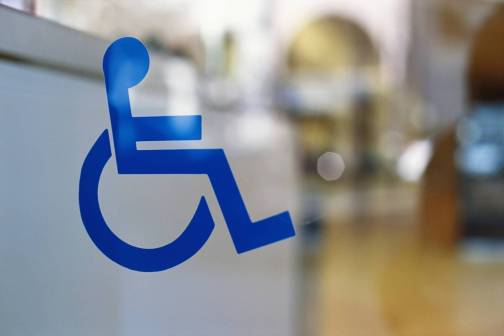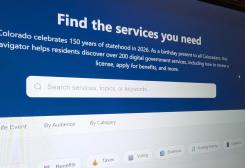Maryland launches web accessibility training program

The State of Maryland is making an effort to incorporate accessibility into the design of its digital services websites in order to serve a greater portion of residents.
The Old Line State on Thursday launched its “accessibility officer initiative,” which offers staff from every executive-branch state agency the opportunity to learn about accessible design standards so that websites and web applications are usable for Maryland residents with disabilities, including visual, auditory and cognitive disabilities.
Twenty-two percent of Maryland residents, nearly 1.3 million people, have a disability, according to the Centers for Disease Control.
“Accessible digital design is critically important to over one million Marylanders with disabilities,” Katie Savage, Maryland’s chief information officer, said about the new program, which leads the state’s IT accessibility initiative. “This Accessibility Officer Initiative is an important step towards making Maryland’s digital services more accessible so that more Maryland residents and employees can access government services and resources.”
There are a wide range of challenges the state and local governments need to address to make their digital services more accessible, ranging from how content is displayed to the more technical aspects of navigating a web page.
People who are blind or visually impaired can use screen reader software or Braille devices to access websites, but only if the web page is text-based and designed with screen-readers in mind. Similarly, people who are deaf or hard of hearing cannot access audio content unless it is captioned or transcribed.
Individuals with limited motor function may not be able to use a computer mouse and require keyboard navigation.
People with cognitive disabilities, such as dyslexia or attention-deficit/hyperactivity disorder, may have difficulty processing long lines of text or cluttered screens, and depend on white space, simple screen images and color contrast to successfully navigate websites.
The Maryland Digital Service, which sits within the Department of Information Technology, will lead the state’s accessibility officer initiative, which follows new accessibility standards set by the U.S. Department of Justice in April for the web content and mobile applications of state and local governments.






